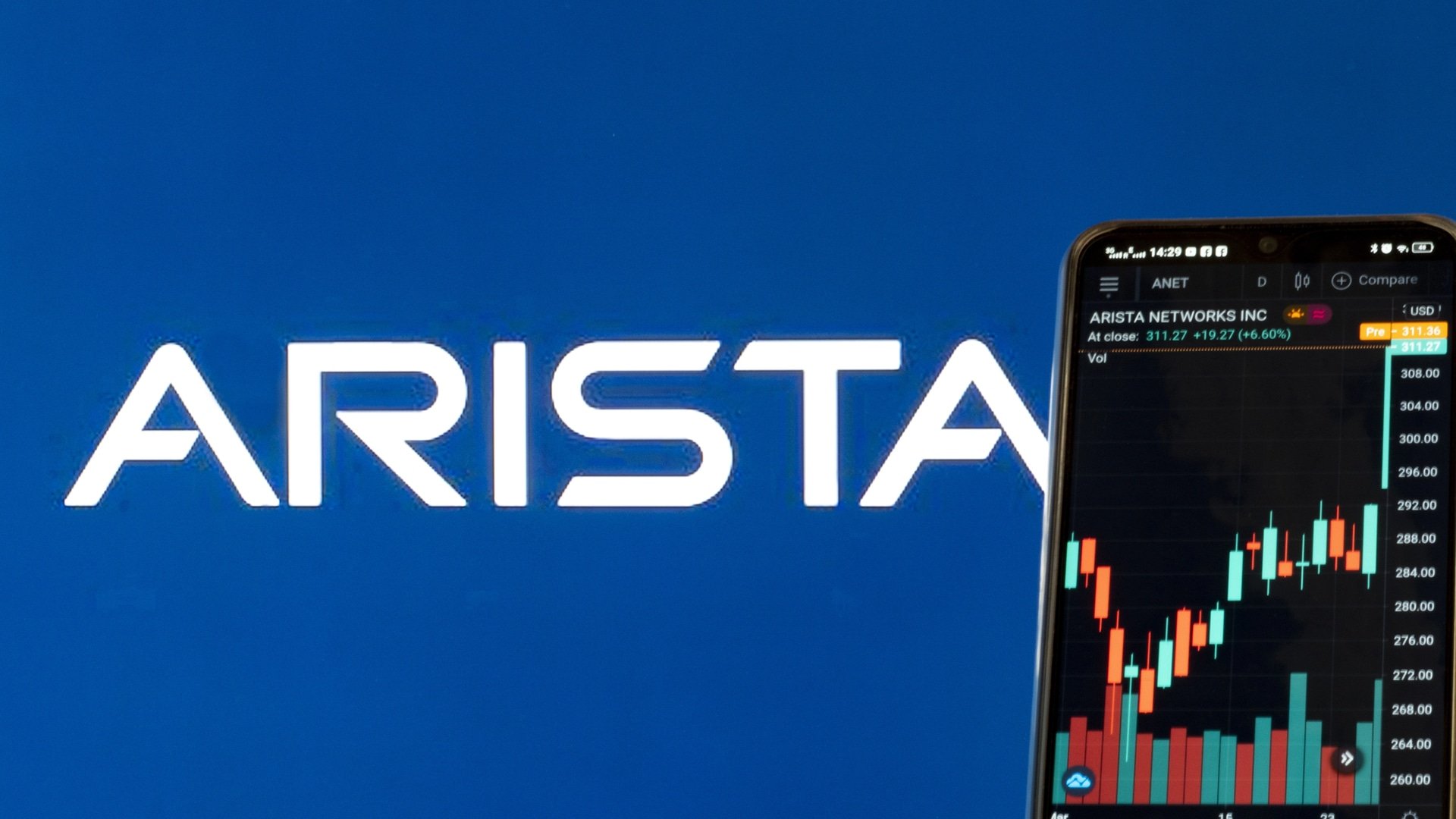One of the major challenges involved with managing customer interactions is ensuring that live agent staff are delivering the correct and most appropriate responses during customer support conversations. Incorrect – or incorrectly delivered – messages from the agent to the customer can cause frustration and confusion, and may lead to decreased customer satisfaction, particularly if the agent directs a customer to take an action that does not resolve their issue, or is in direct conflict with a company policy.
For example, if a customer agent involved in a chat exchange with a customer and is unable to provide a complete listing of all available products that could meet a customer’s needs, the agent may be leaving revenue on the table, particularly if the customer is shopping across multiple vendors. Or, a representative that does not provide the correct procedure for completing a product return may wind up frustrating the customer, and could also be introducing other issues (such as the need to track down a misdirected or unclassified item that has been sent back to the company, but was not properly labeled).
Digital CX interactions, such as those through short message service (SMS), chatbots, or other messaging applications, present another challenge: increased customer demands for speed and efficiency. Any delays in responsiveness are magnified, because the traditional “small talk” that was once used by live agents to cover when they were looking up an answer is not available through these platforms. Further, many customers are accessing these support channels via mobile devices, which may portend that they are busy doing other things while working with support, or they are on the go, thereby reducing their threshold for lengthy, drawn-out interactions.
Artificial intelligence (AI) cloud vendor ASAPP just announced its AutoCompose solution, which is an AI-driven service that is designed to suggest the right responses for digital messaging agents, thereby automating up to 70% of agent responses while driving higher productivity and satisfaction.
AutoCompose works by presenting agents with next-response suggestions in the form of complete responses, partial sentences, key phrases, and spelling fixes, which agents can send with the click of a button. Unlike traditional rule-based response libraries that only deliver impersonal and rigid canned responses, AutoCompose response libraries are dynamic, and are derived through AI machine learning models and allowed lists that can be personalized with customer data.
According to ASAPP, AutoCompose provides agents the best responses at each turn of the conversation to help contact centers:
- Improve customer experience by reducing resolution times as agents can more efficiently craft the right responses, at the exact right time
- Improve interaction quality with a system that learns from the responses of the best agents and then suggests these responses to the rest of the agent population
- Increase agent adoption over time as recommendations improve, driving increased agent productivity
- Use dynamic machine learning models to produce suggestions that adapt over time
“Our AI Service AutoCompose provides agents personalized guidance and tailored language on what to say and what to do with customers, automating 70% of their digital conversations,” says Priya Vijayarajendran, ASAPP’s Chief Technology Officer.
Using a combination of natural language processing (NLP) and AI, the service identifies a customer’s inquiry in real time, and then offers agents choices for the right responses to drive the best outcomes on chat, text, or messaging applications.
“Legacy and rigid canned response libraries have little applicability to most messages agents compose to customers,” Vijayarajendran says. “With artificial intelligence, AutoCompose continues to learn over time to deliver the best outcomes for your business.”
For live agents that are interacting through voice communications, the company also offers ASAPP Voice for call center agents, according to Vijayarajendran. “AutoCompose is designed for digital agents, though we have ASAPP Voice for call center agents that anticipates a customer service agent’s needs,” she says. “It transcribes every call in real time, automatically searching the company knowledge base to surface the right information, at the exact moment the agent needs it. It also guides them on what to say and do throughout the call with tailored agent responses.”
AutoCompose is available now, both pre-integrated into leading messaging applications, and as an software development kit (SDK)/application programming interface (API) for custom-built messaging interfaces.
Author Information
Keith Kirkpatrick is VP & Research Director, Enterprise Software & Digital Workflows for The Futurum Group. Keith has over 25 years of experience in research, marketing, and consulting-based fields.
He has authored in-depth reports and market forecast studies covering artificial intelligence, biometrics, data analytics, robotics, high performance computing, and quantum computing, with a specific focus on the use of these technologies within large enterprise organizations and SMBs. He has also established strong working relationships with the international technology vendor community and is a frequent speaker at industry conferences and events.
In his career as a financial and technology journalist he has written for national and trade publications, including BusinessWeek, CNBC.com, Investment Dealers’ Digest, The Red Herring, The Communications of the ACM, and Mobile Computing & Communications, among others.
He is a member of the Association of Independent Information Professionals (AIIP).
Keith holds dual Bachelor of Arts degrees in Magazine Journalism and Sociology from Syracuse University.








